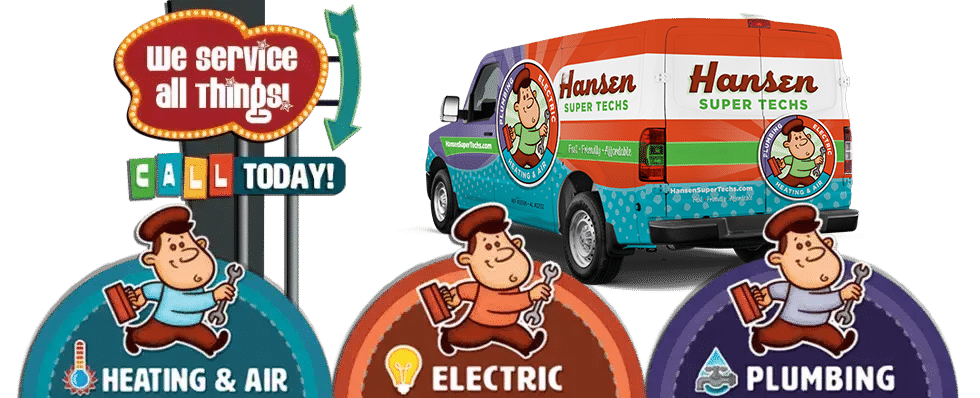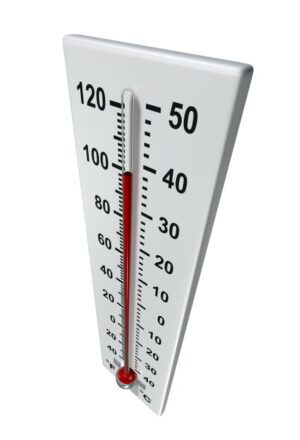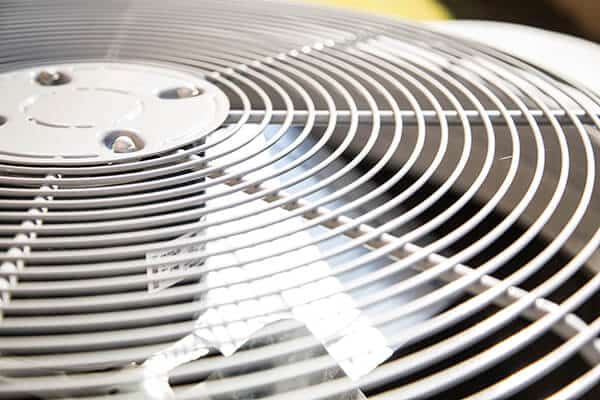While running your home air conditioning system is essential for keeping your family nice and cool during the hot summer months, it also comes at a cost. If you've ever dealt with an unexpectedly...

AC Efficiency Archives
Tips to Get the Most Out of Your Air Conditioner
When summer hits, it's time to keep the house cool with your air conditioner. But even though you might think that you know how to run your air conditioner and keep your house in a way that will...



